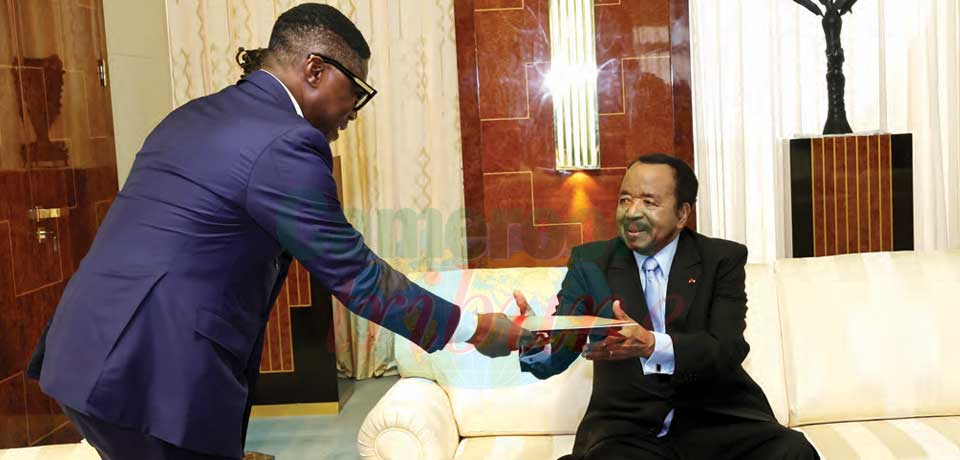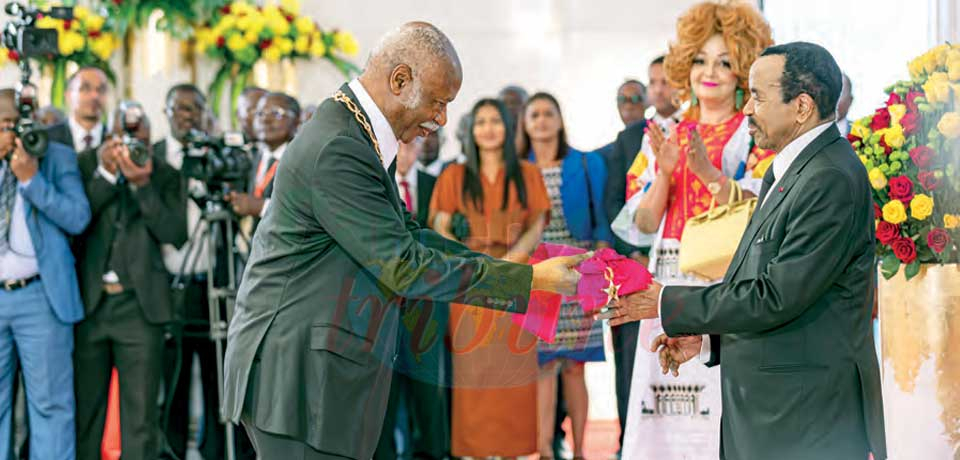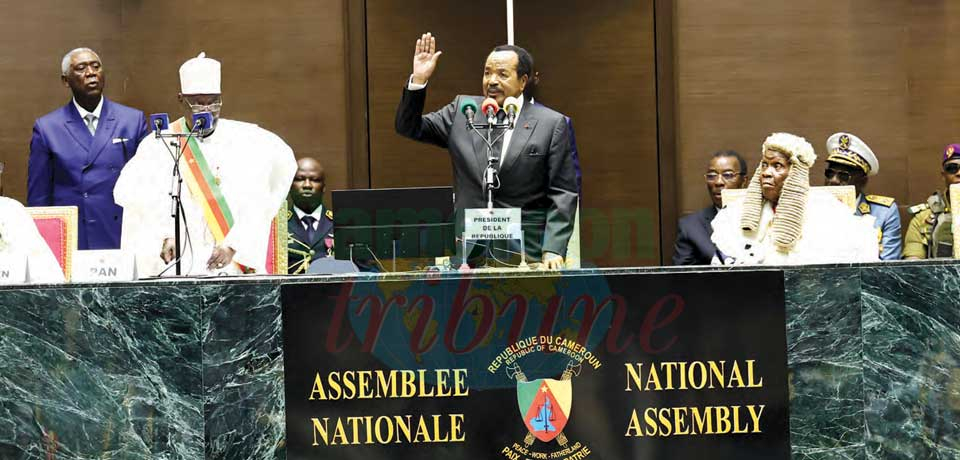Taking Measures To Boost Integration
- Par Carine Tsiele
- 31 Oct 2017 09:10
- 0 Likes
Member countries of the CEMAC zone will today examine issues in line with keeping aside their differences to reinforce sub-regional values.
Faced with a disturbing economic situation marked mainly by a decline in crude oil prices and divisions amongst countries of the Central African Economic and Monetary Community, CEMAC, there is need for readjustments or else people living in the sub-region will continue to suffer.
Within the past one year, CEMAC leaders have had three summit meetings the first in Yaounde on 23 December, 2016 another in Djibloho, Equatorial Guinea on 17 February, 2017 while the third is holding today 31 October, 2017 in N’Djamena, capital of Chad.
Although the Extraordinary CEMAC summit in Yaounde took place in the presence of the Managing Director of the International Monetary Fund (IMF), Christine Lagarde with the economic situation of the sub-region as a dominant preoccupation, the fact remained that the six countries which constitute CEMAC ought to make hey while the sun shines by keeping their house in order. For instance, several reforms, especially concerning the reinforcement of integration through the free movement of goods and persons have been so difficult to implement in the CEMAC zone.
Thus, the current financial crisis highlighted again to members by the IMF have continued to plunge the economies of the various countries into a tight corner making it imperative for them to shift their positions and adopt a much more progressive posture.
Looking at the economic performance of CEMAC countries, the payment of the Community Integration Tax (TCI) to the Commission has been a huge problem in spite of the existence of the relevant provisions of what they called Additional Act linked to its recovery. Another obstacle has been the applicability of the Additional Act and the limitation of the mandate of Commissioners to a five-year non renewable period.
With the term of office of Congolese-born, Pierre Moussa, President of the CEMAC Commission having ended on 31 August, 2017, today’s summit in N’Djamena should be able to permit the new head of the Commission, Daniel Ona Ondo, a Gabonese as the new head to fully swing into action as new President.
Given that Chad, Gabon, and Equatorial Guinea have finally joined Cameroon and Congo, Brazzaville in taking the formal commitment to allow the free movement of persons and goods from other countries of the sub-region into their national territories, Daniel Ona Ondo’s period in office should be a moment to consolidate the much-cherished sub-regional integration that has been sounded over decades with little on the ground to show.
Trade among countries of the sub-region has been qualified by some experts as the lowest in Africa, recording less than 5 per cent annual interaction in most cases. Such a curve could now witness an accelerated increase in the months ahead with the signing of the decisions to allow a three-month visa-free movement of persons in accordance with the CEMAC Additional Act of 25 June, 2013 abolishing visas for holders of either the ordinary, service or diplomatic passports for citizens from any of the member countries circulating in the sub-region.
Although an extraordinary summit may not be an occasi...
Cet article complet est réservé aux abonnés
Déjà abonné ? Identifiez-vous >
Accédez en illimité à Cameroon Tribune Digital à partir de 26250 FCFA
Je M'abonne1 minute suffit pour vous abonner à Cameroon Tribune Digital !
- Votre numéro spécial cameroon-tribune en version numérique
- Des encarts
- Des appels d'offres exclusives
- D'avant-première (accès 24h avant la publication)
- Des éditions consultables sur tous supports (smartphone, tablettes, PC)














Commentaires